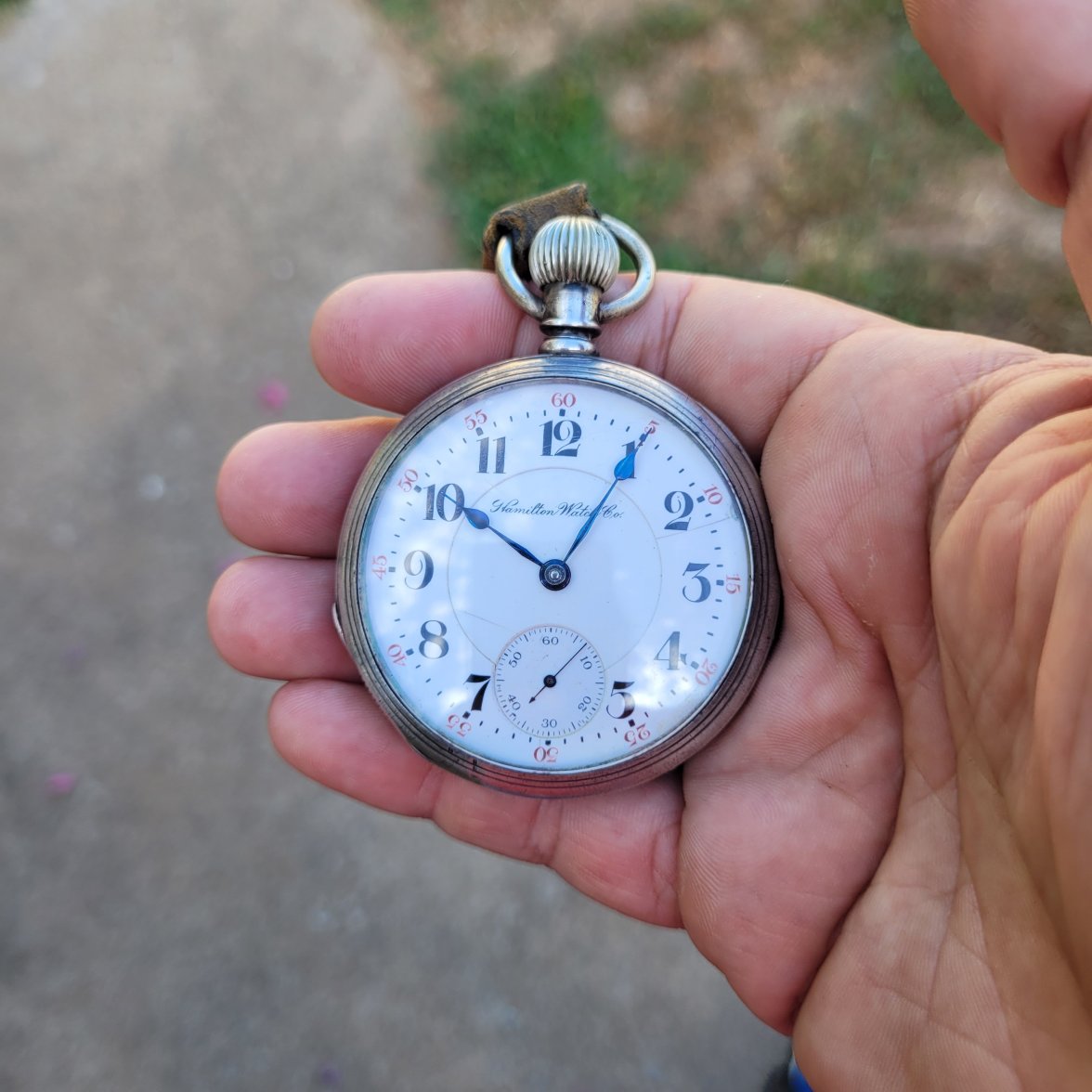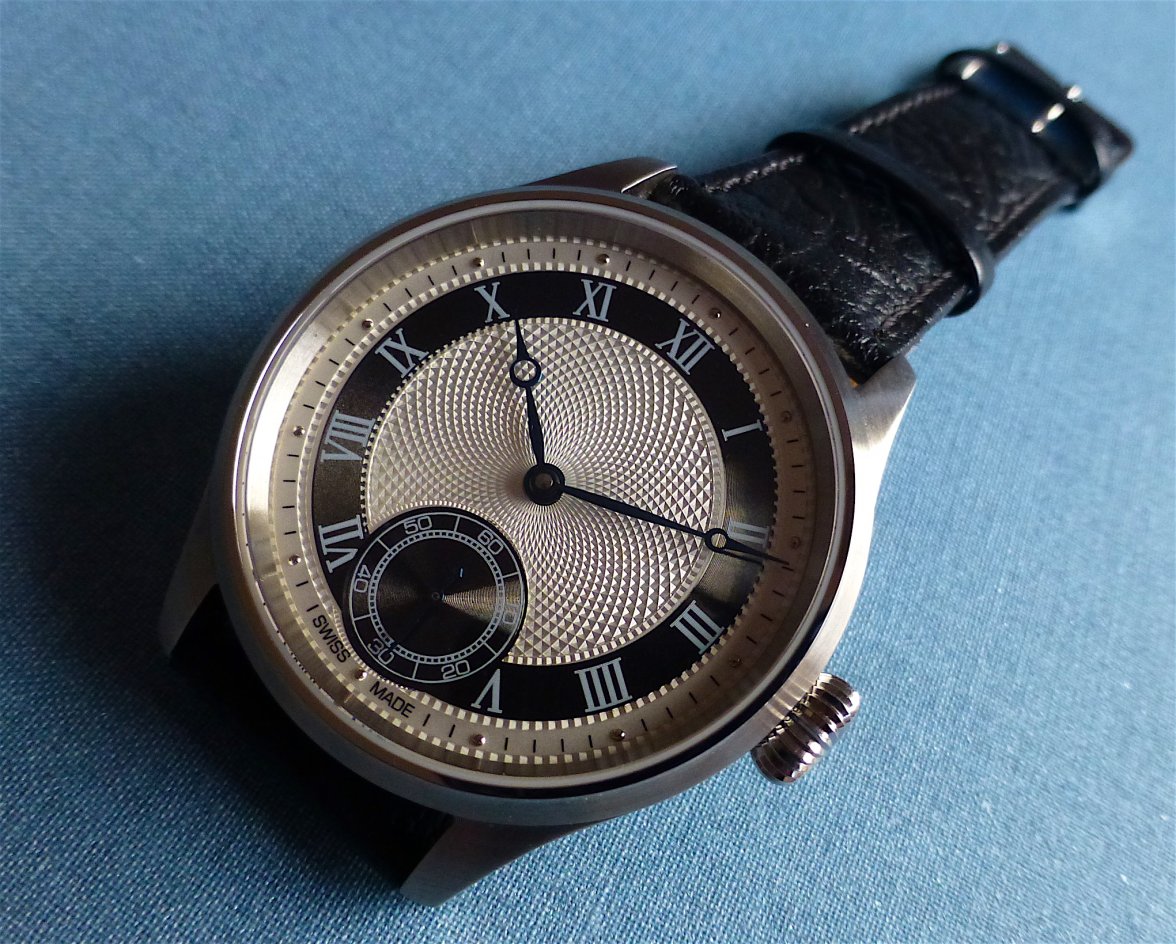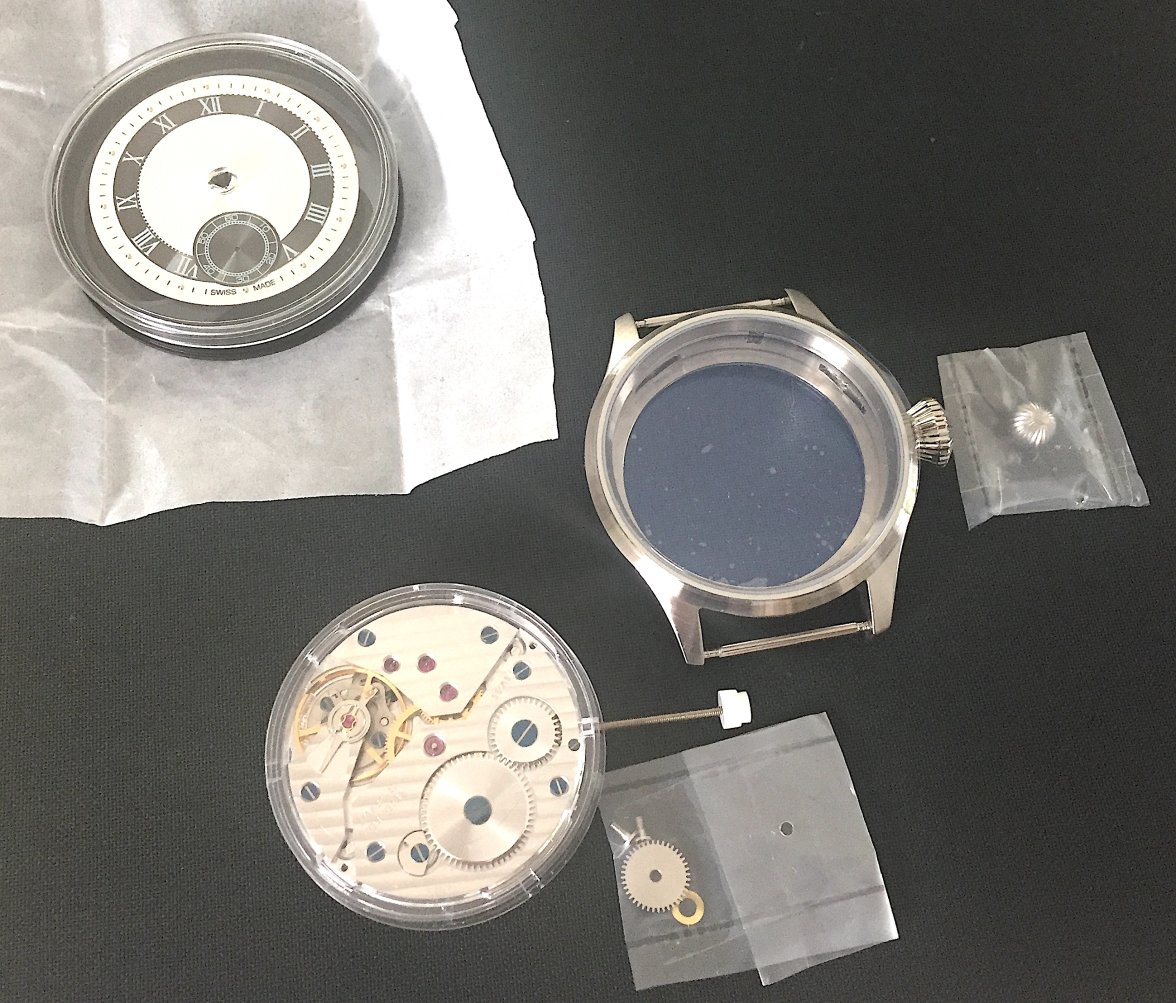mseamaster
·Recently I got interested in such watches since some can be found for cheap. I don't have any yet.(will post pics when I obtain one for sure)
Anyway it got me wondering - how can it survive 100 years without servicing and shock protection?
Is it survivor bias - meaning most of them perished but a select few survived.
I've also read that in that era, a lot of stuff was handmade and parts often didn't match between watches of the same model. Meaning tolerances couldn't have been very good either.
My other theory is that these watches were maybe not used much after say the 40s. Meaning people switched to wristwatches so most pocket watches just stayed in boxes.
Anyway it got me wondering - how can it survive 100 years without servicing and shock protection?
Is it survivor bias - meaning most of them perished but a select few survived.
I've also read that in that era, a lot of stuff was handmade and parts often didn't match between watches of the same model. Meaning tolerances couldn't have been very good either.
My other theory is that these watches were maybe not used much after say the 40s. Meaning people switched to wristwatches so most pocket watches just stayed in boxes.


